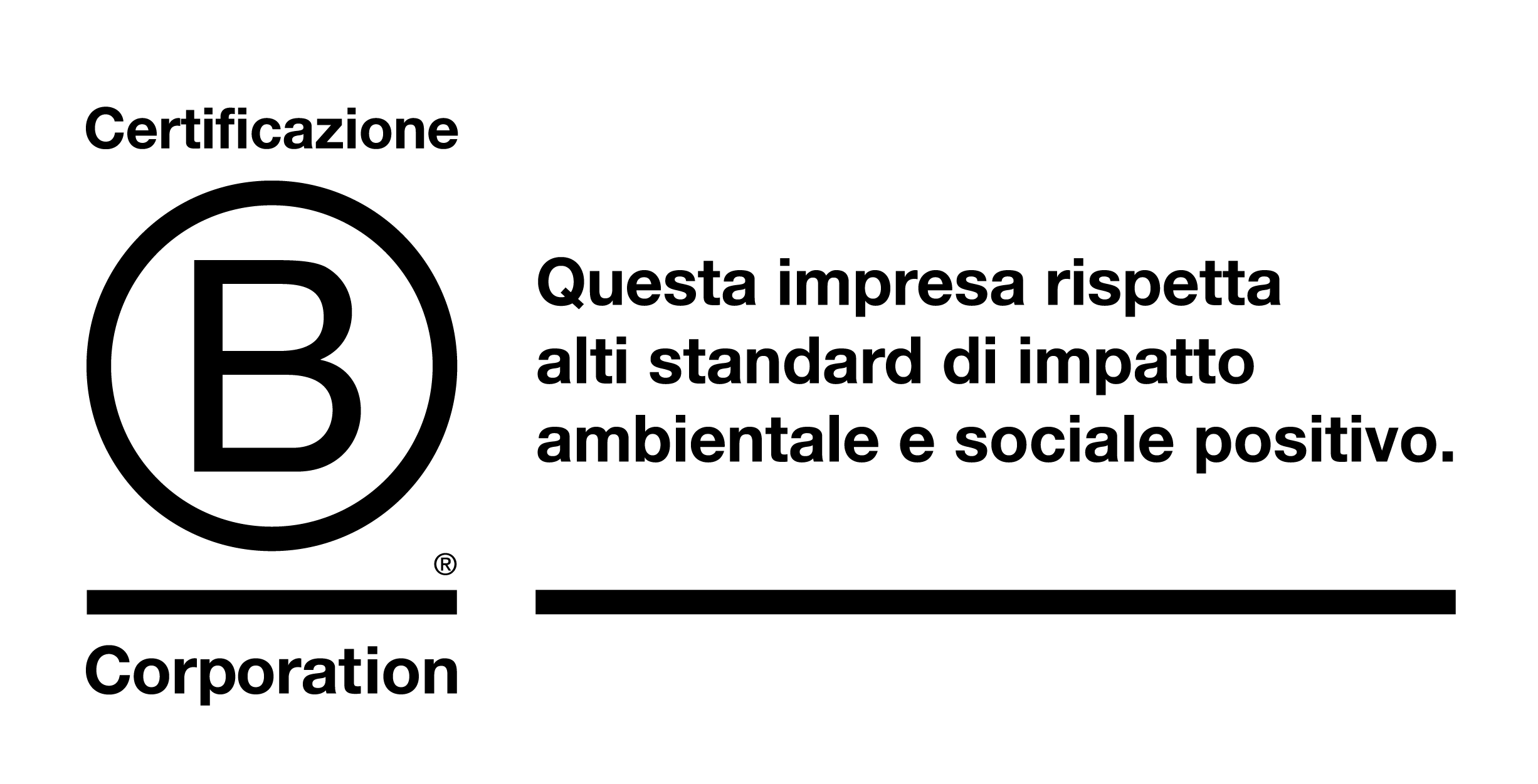We believe in innovation rooted in tradition.
A tradition of textile recycling and resource optimization with over a hundred years of history.
This is where we start addressing the sustainability challenges, both environmental and social, that we aim to respond to in order to stimulate change in the fashion industry.






.jpg?v=1696341480656)

 Copyright Rifò - All Rights Reserved - C.F./P.Iva 02426250979 - REA: PO - 534385 - Cap. Soc. 16737,23 €
Copyright Rifò - All Rights Reserved - C.F./P.Iva 02426250979 - REA: PO - 534385 - Cap. Soc. 16737,23 €